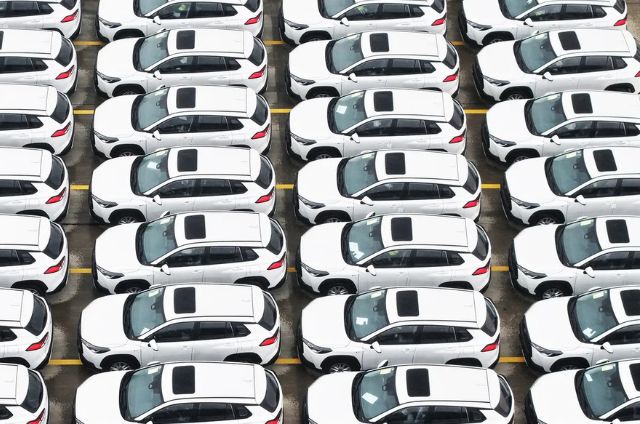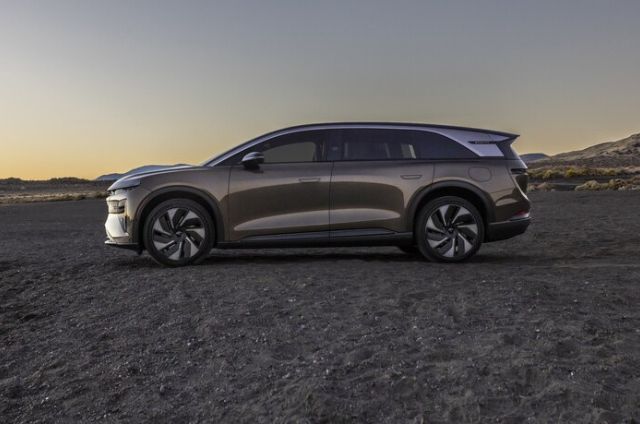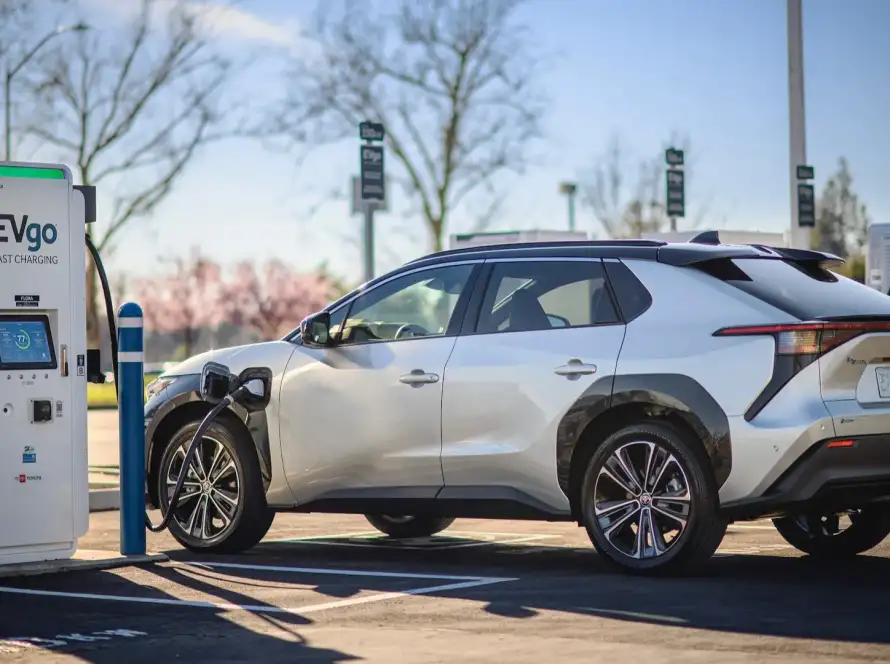Tariffs Slow the Charge
The U.S. currently imposes over 100% in tariffs on electric vehicles made in China. Even if Chinese automakers try to build in Mexico, more restrictions follow. These trade barriers are intended to protect American jobs, but there’s a growing argument that they are stalling the clean vehicle transition.
Bloomberg’s Colin McKerracher compares it to banning smartphones to protect flip phones. Blocking innovation may shield existing industries for a while, but it also prevents competition that could drive down prices and improve products. Lower EV prices could accelerate adoption, increase accessibility, and reduce emissions more quickly—goals the U.S. claims to prioritize.
Global Markets Are Zooming Ahead
While the U.S. plays defense, other countries are playing to win. In just two years, EV sales in Brazil jumped over 500%, Thailand soared 279%, and Australia surged 145%. What do they have in common? They welcomed Chinese EVs.
Australia cut EV tariffs to zero, and now BYD is the country’s second most popular EV brand. In the UK, Chinese imports are helping push EV adoption to near-mainstream levels. Even countries like Norway, where Chinese automakers hold a small share, credit their presence with driving healthy competition.
Workers Want Jobs—Factories Can Provide Them
Union auto workers like James Benson, Jr. support tariffs, hoping they’ll protect American jobs. But there’s another option: invite Chinese EV makers to build U.S. factories.
Just like Toyota, Hyundai, and BMW once did, Chinese firms could invest here. That means local jobs, stronger supply chains, and more affordable EVs for American families. It would also bring new players into regions that have long depended on auto manufacturing, revitalizing economies with future-ready jobs.
A Global Shift, Powered From the Bottom Up
EV adoption is no longer led only by wealthier nations. Thailand now outpaces the U.S. and Brazil is ahead of Japan. Bloomberg suggests the common denominator is openness to Chinese automakers.
The U.S. doesn’t need to fear foreign EVs—it can harness them. With the right strategy, America could become a clean tech leader, not just a follower.



